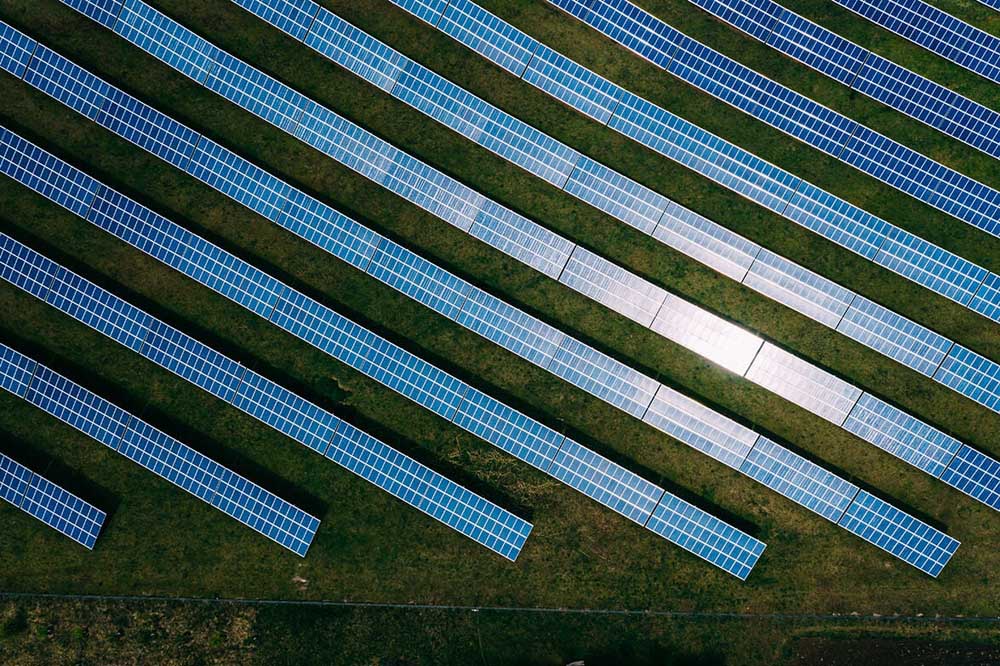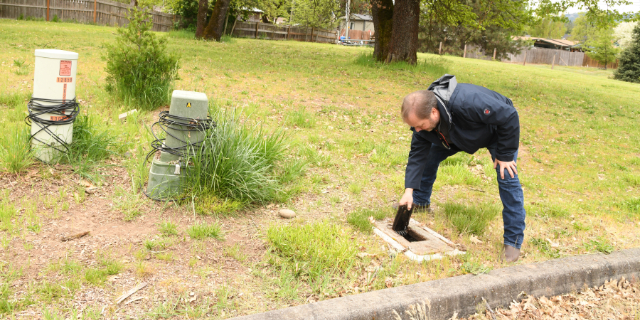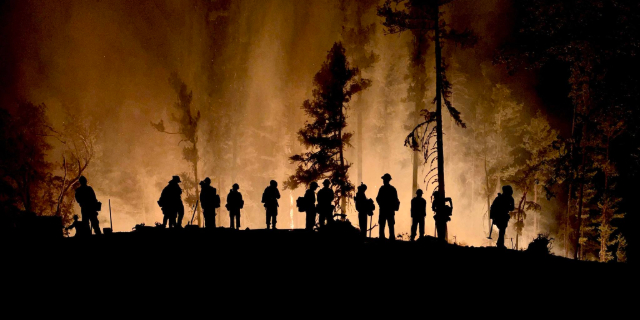Largest-ever Washington state solar project next to step into the spotlight
Published 6:00 am Wednesday, July 24, 2024

- The Energy Facility Site Evaluation Council will hold a one-day hearing in September on the proposed Wautoma solar project in Benton County, Wash.
The Energy Facility Site Evaluation Council will hold a hearing in September on Benton County’s opposition to a Canadian company’s plan to lease more than 5,000 acres of farmland for the Wautoma solar project.
Innergex Renewable Development has lined up leases with ranchers and farmers in a remote area about 12 miles northeast of Sunnyside and 1 mile south of State Route 241 and SR 24 interchange. It would be Washington’s largest solar installation.
“It’s mostly dry grass,” said rancher Robin Robert, whose family has ranched there for more than a hundred years. The lease will cut the ranch’s irrigated acres to 50 from 500, but relieve a declining well, he said.
“We would like to have the solar project go through. It would really help us,” said Robert, 71, one of the brothers who own the ranch. “We really don’t have anyone to take over the ranch for us.”
Innergex bypassed Benton County, as have other renewable energy companies, and applied to EFSEC. The council can override the county’s moratorium on wind and solar projects on land zoned for agriculture.
The county opposes three other projects pending in front of EFSEC, including the largest, the Horse Heaven wind and solar project. The others are the Hop Hill and Wallula Gap solar projects.
EFSEC will hear the county’s objection to the Wautoma project at a video hearing Sept. 25. The county hopes to probe the cumulative impacts of energy projects. Innergex wants a hearing limited to whether to preempt county land-use laws for its project.
Allison Keeler, another landowner leasing to Innergex, said she understands concerns about the loss of farmland. She said she hopes researchers will make grazing and growing crops compatible with solar panels.
“That’s the next logical step,” said Keeler, a Mercer Island resident who owns a vineyard adjacent to the land she plans to lease.
“There has to be a recognition that you can’t keep taking over agricultural land to produce electricity,” she said.
Most EFSEC members represent state agencies. Washington State Department of Agriculture Derek Sandison, for the most part, has not exercised his right to participate in reviewing projects.
Sandison briefly took part in considering the Horse Heaven project, but dropped out when deliberations grew into eight daylong hearings and hasn’t rejoined EFSEC for any other project.
Sandison said Monday he generally opposes the loss of farmland, but he won’t interfere with how farmers use their land. “I don’t want to be in the position of saying, ‘You can’t do that,’ “ he said.
“Farms are struggling right now and this is not a good time to say, ‘It’s more important to have your land in full production than for you to have a way to supplement your income,’ “ Sandison said.
Farmers get a financial boost by leasing land for windmills or solar panels, an economist hired by the state Department of Commerce said recently. Farmers can get up to $25,000 a year for just two turbines, he said.
The Wautoma solar project, unlike Horse Heaven, will not have towering turbines visible from cities. “I can see people being concerned about where these projects are,” Robert said. “We’re kind of stuck out in nowhere.”






